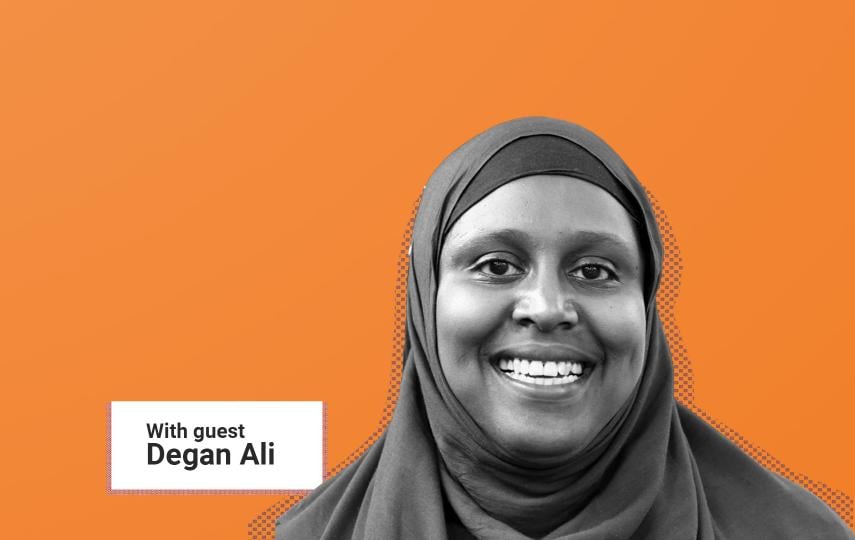Queer Kenyan poet and activist Shailja Patel has penned a moving and thought-provoking poem (the first ever poem to be published by The New Humanitarian) reflecting disparities in the media coverage of the flooding that has wreaked havoc in Somalia and in Somalia’s former coloniser, Italy.
In May, at least 22 people died and over a quarter of a million were forced from their homes in Beledweyne region of Central Somalia, and another 15 killed and 20,000 displaced in Italy’s worst flooding and landslides in a century. However, the international coverage reflects the differing value attached to lives depending on which part of the world they come from.
Patel, who is currently a fellow at the Civitella Ranieri residency programme in Italy, spoke to The New Humanitarian’s Senior Editor for Inclusive Storytelling, Patrick Gathara, about the inspiration for the poem and what can be done to change how we see humanitarian crises in different parts of the globe.
“It's about proximity, it's about capital, and it is of course about white supremacy and which lives are considered grievable,” Patel tells him. “Which deaths are considered tragedies and which deaths are considered statistics.” Watch the full interview below:
Video editing by Ciara Lee.





